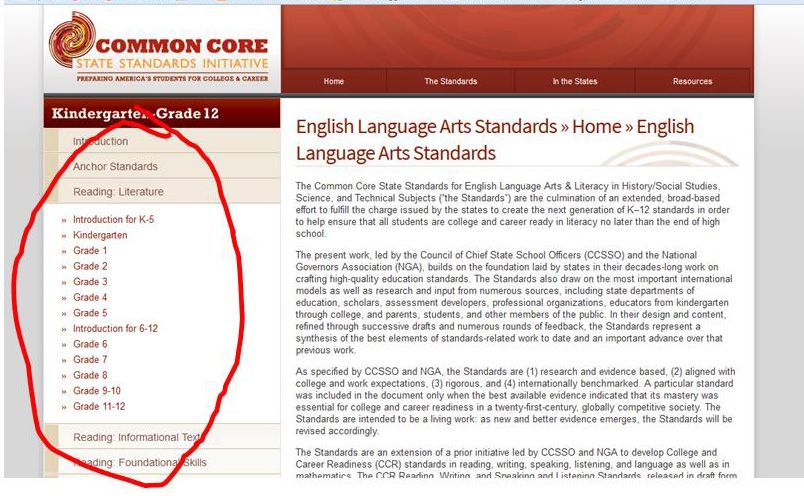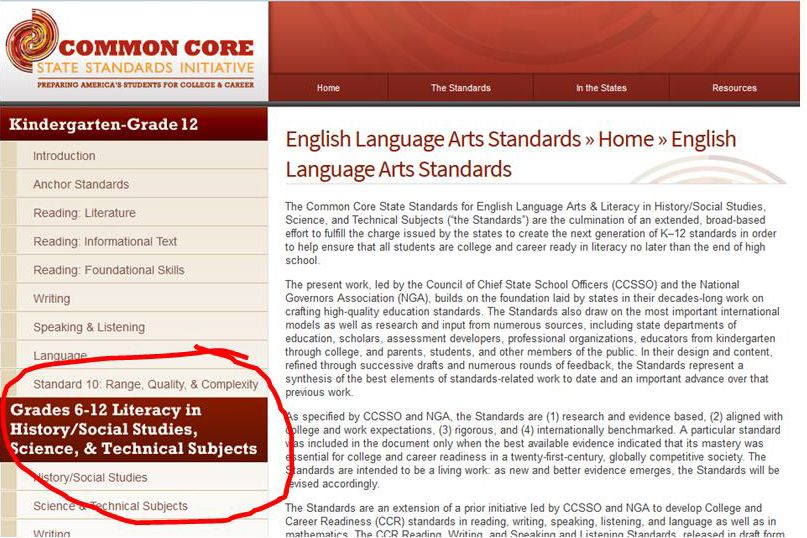Authors who spend time in schools these days hear about the Common Core. We want our visits to be worthwhile to schools, and that means it needs to fit into the school's mandated standards.
Just what is the Common Core?
The Common Core, sometimes referred to as CCSS (Common Core State Standards), is a compilation of learning benchmarks that students should master at certain grade levels. It is called the Common Core because, while educational standards are determined on a state level, this was created in the hopes that all states would adopt it, bringing continuity to school systems throughout the country--something that would benefit students who move from place to place as they grow up. In a society as transient as ours, such a thing makes a lot of sense.
Who has adopted the Common Core?
So far, forty-four states, the District of Columbia, and four territories have adopted these standards.
What does the Core contain?
The Common Core contains English and Mathematical standards for kindergarten through 12th grade.
Wait! That's all?
Some people are surprised to learn that not all subjects are covered in the Common Core. Science, Social Studies and The Arts are not covered by it. They do exist, but for these standards, a person must look state-by-state to find them.
What's a visiting author to do?
First of all, know the Common Core. Find your book's and your presentation's place in it. After all, if your don't in some way support these standards, what's the school's incentive to have you visit? The best way to do this is to go to http://www.corestandards.org/. Click on the English Language Arts Standards. It will take you to a page that looks like this:
To the left, you can see a list of click-able choices. The top is the Introduction. Beneath that is "Anchor Standards." Anchor standards will give you an overview of what the educational system is looking for in the long run, but it is the list below that, Reading: Literature; Reading:Informational Text; Reading: Foundational Skills; Writing; Speaking and Listening; and Language that will be broken down by grade level.
I urge you to click on the grade-level standards, read them, and think about how your book, and more importantly, your Author Visit, fits into these standards.
Most Authors do at least one large group presentation. But if you also do smaller, grade-level groups, look at what the standards require of these groups and tweak your workshops or break-out groups to meet the kids' needs.
Going back to the Standards Page, if you click on the Mathematics Standards instead, you will find the choices broken down by grade-level there. Presenters can often make math connections. Does your book deal with speed? That's math. Does it deal with something growing? That's math. Look again for how your book connects to these subjects and think about how you might utilize this in your presentation to support the school teaching.
You may have noticed that below the grade-level English Language Arts there is a section called "Grades 6-12 Literacy in History/Social Studies, Science, and Technical Subjects."
If you present to this age group, click on it--there are some interesting things there that you can make connections with.
But what if your book has a strong science, social studies, or arts theme? For these I suggest going to the state education site where you most often visit and find correlations between your book and the state standards, and your presentation and the state standards. Google, "___(your state here)___ academic standards," or "___(your state here) Department of Education Standards" to find the site.
On your website, you may want to list the standards that you support through your school visit presentations. This makes it easy for administrators to justify both the expense and the time spent with you at their school.
Reading promotes literacy. Author visits promote reading. But to letting
schools know that you understand and take their standards seriously may
just promote you.



No comments:
Post a Comment